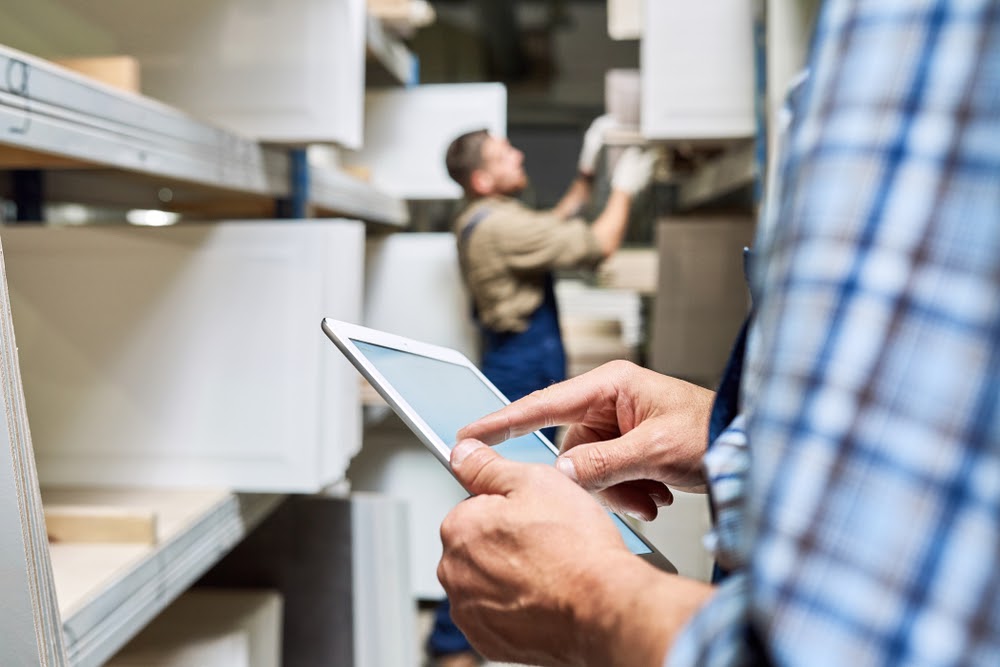Written by: Jacob Dayan
For a business, knowing your cost of goods sold is as important as an Olympic athlete knowing their calorie spend; you cannot calculate profit without it. In addition, cost of goods sold is crucial to inform business decisions such as price-setting.
In this article, we break down the importance of knowing your cost of goods sold — and how to accurately calculate it.
Cost of goods sold, commonly shortened to COGS (or, if applicable, referred to as cost of sales or cost of service), is simply how much it costs to produce products or services, including direct material or labor expenses.
Cost of goods only includes expenses directly related to products and services. For example, a chandler business would include wax, wicks, glass, and ingredients in its COGS. Overhead such as marketing spend, real estate, utilities, asset depreciation, shipping fees, and other indirect expenses do not count towards COGS.
Having an accurate COGS is crucial for any business. One of the foremost reasons for this is product pricing; when you know your COGS, you can find the optimized pricing for your products or services. Additionally, you can use your COGS to calculate your gross income for a specific period, which is conducive to the creation of accurate financial statements, such as the balance sheet and the income statement.
The IRS requires all businesses with yearly revenue of over $26 million to account for their inventory using the accrual method of accounting. If a business does not meet this figure, they can choose to not keep inventory or to use the cash method of accounting instead. However, you should always consult with your accountant when weighing different accounting methods.

Regardless, if you sell physical goods, the process of calculating COGS is rooted in your inventory. Inventory is an asset and is valued as such. Knowing the value of your inventory is the first step of calculating your COGS.
The IRS permits several inventory cost methods depending on the type of inventory (for example, FIFO or LIFO). A small business accountant will know which method the IRS requires for that specific business. Using the appropriate method, the accountant will calculate your inventory cost and set the COGS formula into motion.
To find the cost of goods sold for a specific accounting period, you must utilize the COGS formula

This formula is concise, but it contains a lot of information. Here is how to get there:
Most small business owners started their companies because they were experts in providing a good or a service — not at balancing a book. In addition, small business accounting can be difficult and multi-faceted. Nevertheless, good accounting and bookkeeping are imperative to manage any company’s financial health, guide decisions for growth initiatives, and ultimately ensure your business is in good standing with its tax obligations throughout the year. However, it can also be tedious, complicated, and time-consuming — especially for those who own smaller businesses or sole proprietorships. Additionally, the IRS can be unforgiving when it comes to mistakes — for instance, filing your payroll taxes just one day past the deadline incurs a 2% penalty. To make matters worse, these penalties can add up to a hefty 15% of the initial amount owed.
There is good news, however; outsourcing accounting and bookkeeping to an outside firm is a simple and rewarding process that allows business owners to spend less time worrying over books and more time, well, running their businesses. Every day, more and more business owners trust FinancePal’s accounting and bookkeeping services for small business.

Jacob Dayan is a true Chicagoan, born and raised in the Windy City. After starting his career as a financial analyst in New York City, Jacob returned to Chicago and co-founded FinancePal in 2015. He graduated Magna Cum Laude from Mitchell Hamline School of Law, and is a licensed attorney in Illinois.
Jacob has crafted articles covering a variety of tax and finance topics, including resolution strategy, financial planning, and more. He has been featured in an array of publications, including Accounting Web, Yahoo, and Business2Community.

Nick Charveron is a licensed tax practitioner, Co-Founder & Partner of Community Tax, LLC. His Enrolled Agent designation is the highest tax credential offered by the U.S Department of Treasury, providing unrestricted practice rights before the IRS.
Read More
Jason Gabbard is a lawyer and the founder of JUSTLAW.

Andrew is an experienced CPA and has extensive executive leadership experience.
Discussed options for my business with Brian and he was very helpful in suggesting how best to handle it.
Contact us today to learn more about your free trial!
By entering your phone number and clicking the "Get Custom Quote" button, you provide your electronic signature and consent for FinancePal to contact you with information and offers at the phone number provided using an automated system, pre-recorded messages, and/or text messages. Consent is not required as a condition of purchase. Message and data rates may apply.
By entering your phone number and clicking the “Get Started” button, you provide your electronic signature and consent for FinancePal to contact you with information and offers at the phone number provided using an automated system, pre-recorded messages, and/or text messages. Consent is not required as a condition of purchase. Message and data rates may apply.
